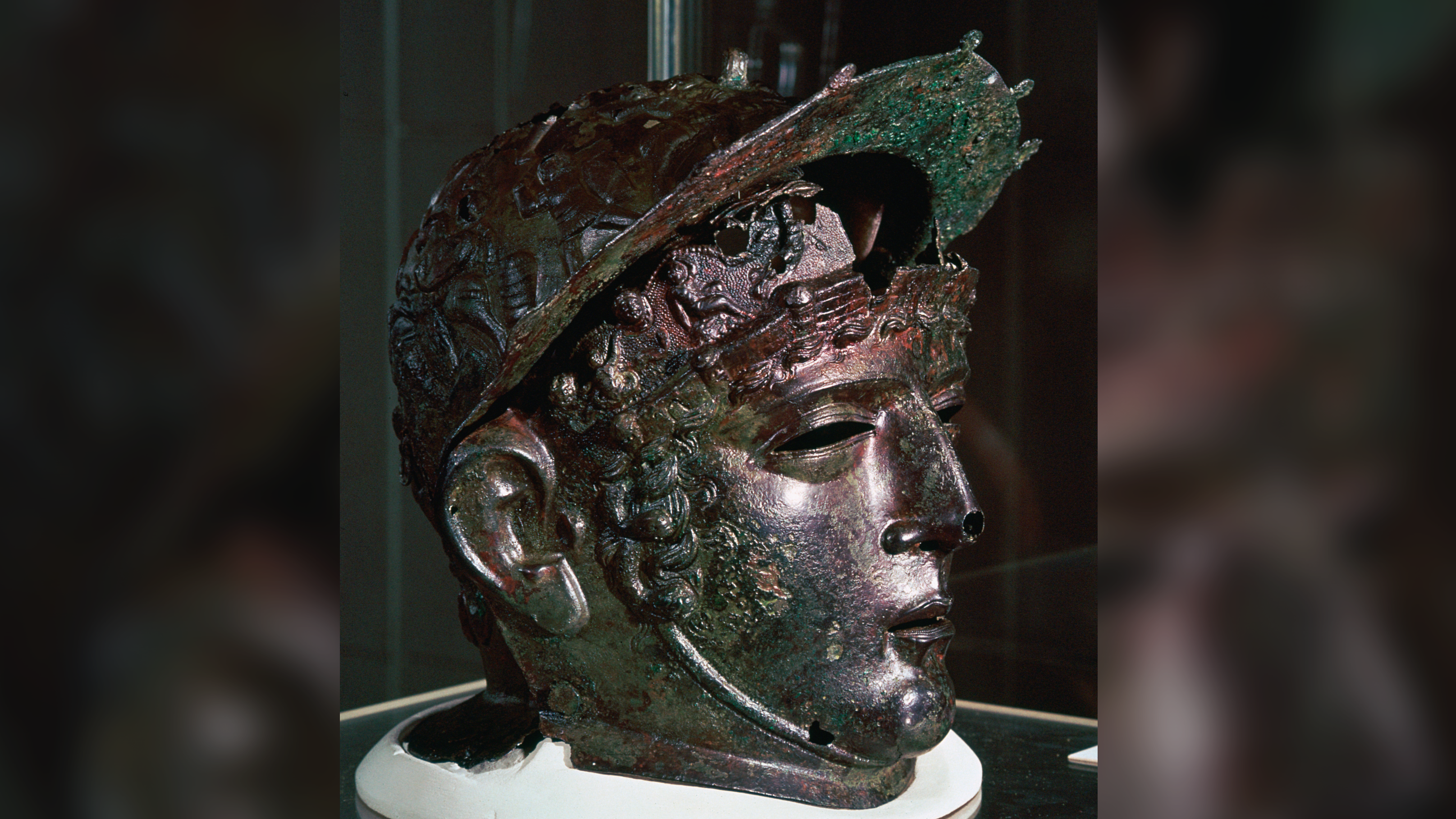'Charities' Funnel Millions to Climate-Change Denial

A British newspaper claims to have discovered the convoluted way oil billionaires in the United States can funnel huge amounts of cash toward climate change-denial campaigns, while reaping tremendous tax advantages in the process.
A shadowy group called the Donors Trust is largely funded by billionaire Charles Koch and his wife Liz, according to an investigation by The Independent. The trust indirectly receives millions of dollars in funding from a third-party group called the Knowledge and Progress Fund, which the Koch family operates, the paper claims.
Charles Koch and his brother David are majority shareholders in Koch Industries, an immense conglomeration of oil and gas companies with a global reach — and a definite interest in denying any link between fossil-fuel use and climate change.
A recent profile in Forbes called Charles Koch "one of the 50 most powerful people in the world, one of the 20 wealthiest — and one of the dozen most vilified."
The IRS recognizes the Donors Trust as a charitable organization due to its status as a "donor-advised trust." These trusts "are individual accounts administered by tax-exempt organizations, such as community foundations and national charities," according to the Wall Street Journal.
Because the IRS considers these organizations charitable groups, money donated to them is tax-deductible, and the popularity of such trusts is growing quickly. Contributions to donor-advised trust funds increased 10.6 percent in 2011 over 2010, the Journal reports. [The Reality of Climate Change: 10 Myths Busted]
"It's becoming the vehicle of choice," said Robert Brulle, a sociologist at Drexel University in Philadelphia, referring to the donor-advised trust. "It's an attractive conduit of funding to these conservative think tanks," Brulle told LiveScience.
Get the world’s most fascinating discoveries delivered straight to your inbox.
But what do the recipients of the estimated $500 million in donor funding since 2003 actually do with the money? "A lot of it is just unknown," said Brulle. "It goes into the black box of Donors Trust" where the money is, for the most part, untraceable.
The website for Donors Trust provides some clues to their interests: "The current environment on university campuses values Diversitas over Veritas — but cultural diversity is a poor substitute for truth, which must be the prevailing aim of the university. And discovering truth is impossible without a commitment to freedom of inquiry and the broadest possible range of viewpoints — what we call intellectual pluralism.
"Typically, we provide top-notch professors with substantial seed capital, spread over three years. After these professors have demonstrated progress with their 'centers,' we assist them in identifying other funding sources — alumni, institutional or foundations — to sustain their efforts."
According to the Independent's investigation, Donors Trust has given significant funding to the Competitive Enterprise Institute, a right-wing think tank. Climatologist Michael Mann of Pennsylvania State University has sued that group, claiming it accused him of scientific fraud and compared him to a child molester. (Nine investigations of Mann's climate research, including one by the U.S. Environmental Protection Agency and another by the National Science Foundation, have found no evidence of academic fraud. The CEI removed the harsh claims several days after publication.)
Mann, however, remains committed to promoting a science-based approach to climate change. "I like to think we're turning the corner on this issue. The damaging impacts that climate change is already having on us here in the U.S. … are increasingly clear to the person on the street," Mann told LiveScience in an email interview.
"Climate-change denial, despite the great degree of funding and organization behind it, is simply no longer credible to the vast majority of the public," Mann said. "It is my hope — and my expectation — that we will soon transition from the unworthy debate about whether the problem even exists to the worthy debate to be had about what to do about it."
Follow Live Science on Twitter @livescience. We're also on Facebook & Google+.

 Live Science Plus
Live Science Plus





